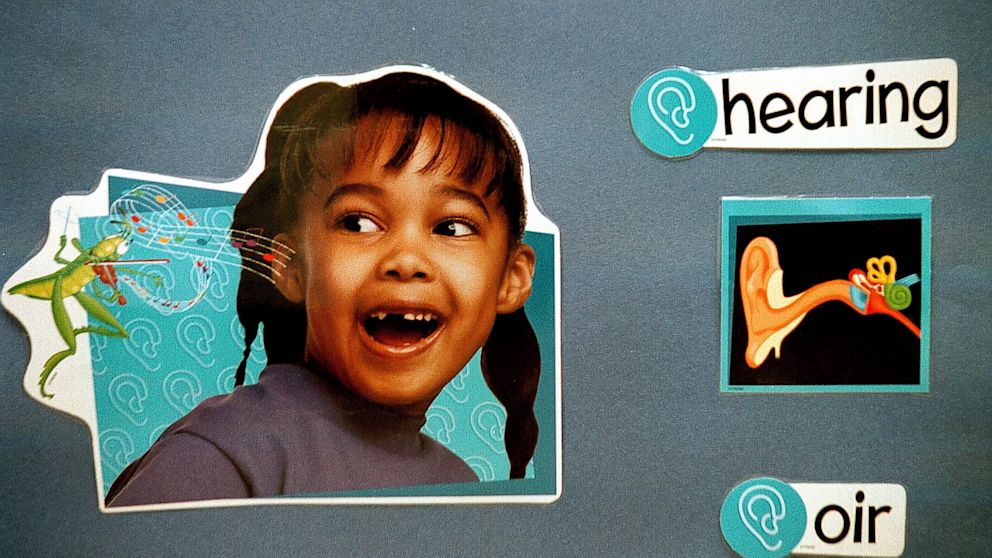Bilingualism Is Yoga for the Brain
New research shows the benefits of bilingualism.

Sept. 13, 2013— -- You should be proud if you speak two languages. It’s a good thing.
That might sound obvious to some people, but for a long time, bilingualism was seen as a drawback.
That’s part of the reason many kids in the United States start learning foreign languages in middle school instead of in elementary school. Educators thought learning two languages at once would hurt kids.
See Also: The Benefits of Being Bilingual
But more and more researchers are finding out that it’s actually the opposite.
The latest: researchers from Penn State have found that fluent bilinguals probably have greater levels of mental flexibility than people who speak just one language.
The researchers found that fluent bilinguals have both languages active at all times, regardless of whether they’re consciously using both. That holds true even if they speak just one of the languages for days on end. The other still remains active.
And people rarely say anything in an unintended language, meaning they are able to control the parallel activity of both languages and select which one they want to use without actually consciously thinking about it, hence the mental flexibility.
"In the past, bilinguals were looked down upon," Judith F. Kroll, distinguished professor of Psychology, Linguistics and Women’s Studies, said in a statement. "Not only is bilingualism not bad for you, it may be really good. When you're switching languages all the time it strengthens your mental muscle and your executive function becomes enhanced."
The United States is just now exploring the benefits of bilingualism, but it’s an idea that many Europeans have supported for a long time. More than half of Europeans speak at least two languages and in some places, like Luxembourg and Latvia, almost everybody is bilingual.
And many of them learn multiple languages early on, as young children. Studies show it’s more difficult to pick up a new language after puberty, about the time most American kids end up in foreign language classes. It’s no surprise then that few of them become fluent.
The findings about bilingualism and mental flexibility give us one more reason to get behind learning a new language.




